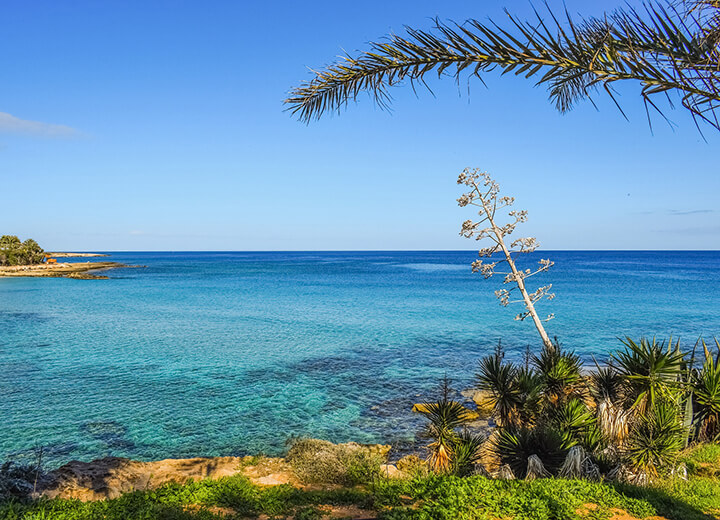Each year, around eight million tonnes of plastic waste flow from coastlines into the world’s oceans, the ministry of agriculture said on Thursday, adding that the stark figure sets the tone for 2025’s world environment day.
Plastic pollution, the ministry warned, is now one of the greatest threats to our natural world. It damages beaches, harms marine life and disrupts delicate ecosystems. According to European studies, 80 per cent to 85 per cent of marine litter found on shores is made of plastic, a material that can take over 350 years to fully break down.
The theme of this year’s global campaign, “Beat Plastic Pollution,” calls for urgent and united action. The ministry stressed that addressing the crisis requires coordinated efforts across political, institutional and personal levels.
Cyprus, the statement added, is actively supporting international initiatives to raise awareness and promote environmentally responsible behaviour. Through national strategies and EU-wide policies, authorities are focusing on prevention, better waste management and long-term solutions.
Key measures already in place include a ban on certain single-use plastics such as straws, plates, cutlery and cups. The country has also prohibited the use of thin plastic carrier bags at sales points. New regulations are being introduced to hold producers accountable for waste linked to cigarette filters, fishing gear, agricultural products and even balloons. These steps build on existing systems for packaging waste and aim to reduce plastic at the source.
Two new national guides were also published to help reduce landfill waste at government buildings and public events. The guides target local authorities and event organisers, urging them to adopt zero-waste practices and separate rubbish at the source.
Beyond plastics, the ministry said Cyprus is advancing a circular economy strategy. It is taking part in EU-level talks to prevent the loss of plastic pellets, a major cause of microplastic pollution, and represents the island in global negotiations to develop new legal tools to stop plastic waste.
Meanwhile, positive results are expected from the implementation of the “Pay As You Throw” scheme, together with expanded recycling programmes. These efforts are supported by waste projects worth an estimated €82 million, which also target plastic management.
The ministry concluded by reaffirming its commitment to environmental protection and biodiversity. Its priority, it said, is safeguarding public health and advancing the green transition through sustainable, circular solutions.







Click here to change your cookie preferences